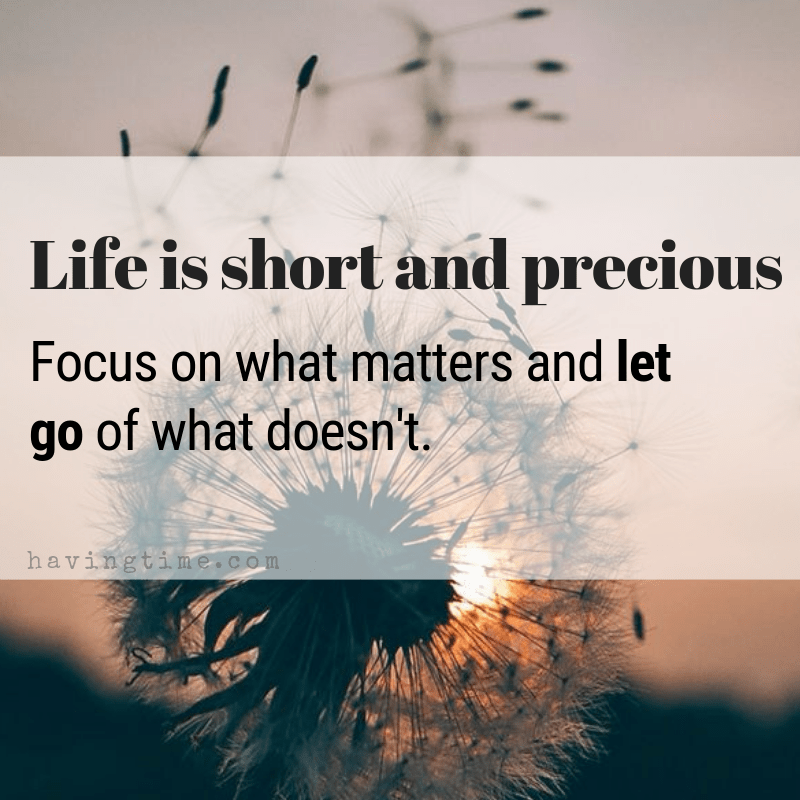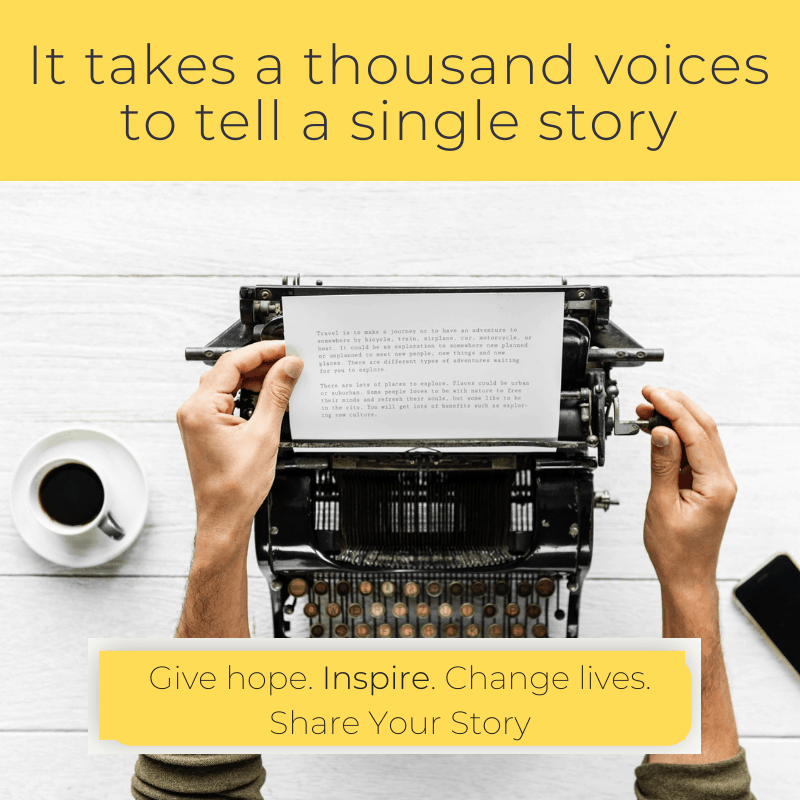Of course, Social Media can be an amazing way to stay in touch with friends and loved ones all around the world. However, is it actually ruining our human connection? Is there a way to really take advantage of technology and improve our life?

Most of us proud to share that we don’t watch TV or smoke, swapping those bad habits for compulsive social media scrolling. Think about this – most of us won’t let the phone out of our hands even for a minute, so as not to miss something important. But let’s face it, the most important things happen in real life while we are busy scrolling down with our noses glued to the screen…
Social Media addiction is way more harmful than you think; it can cause your family serious problems (neglecting your significant relationships) and poor performance issues at schools, university or workplace.
Take the first step and acknowledge that you’ve got this problem and then decide that you need to address it before things spiral out of control getting worse.
Technology has caused an added level of ease and comfort for daily tasks, but could they also contribute to a rise in procrastination?
The current generations are in shackles, the biggest obstacle in the way of getting anything productive done is procrastination. Sadly, procrastinating in the 21st century is not totally up to you. It is true that all of the world’s information is just a click away, but this luxury comes with a disadvantage of its own.
We are spoilt with the burden of choices available. Everyone has at least once experienced the modern way to procrastinate; we go online to find help with a task but end up reading about something totally random. Whether it be click baits to blame or our own fluttering focus and concentration, we choose procrastination over getting things done and advancing in life further.
How the Internet affects your psychical and mental health?
It has been almost 28 years since the emergence of the modern internet. From the beginning, scientists and researchers have been in agitating cogitation regarding the benefits and detriments of internet and technology. Much development has been made, and with time; proven, about the effects of the internet on mental and social health. A broad range of studies conducted throughout the world has revealed alarming and frightening facts about social isolation and depression faced by the victims of excessive social media usage. The debate is no longer about how technology is affecting our physical health but the much bigger and serious issue; how it is deteriorating the minds of the younger generations.
How do you take advantage of technology?
Technology has been integrated so deep into our lives and the world that it is not possible to live without its assistance anymore. Let’s take advantage of technology like it was meant to be rather than exploiting it, and getting addicted to it.
If technology has created some serious issues, it has also provided us with solutions to deal with it. Let’s dive into some of the techs available for our physical and mental well-being.
Apps for Mental Health and Addiction:
If social media and online connection has caused problems and additions to some, it has also aided many to find help in the time of need. Here are some of the ways you can find help online for many social and mental health issues. Firstly, we would like to appreciate the efforts and the time put in by the teams behind these apps.
➊ Covenant Eyes
If you’re trying to break free from the addiction to pornography and/or other dubious acts on the internet, worry not, this is the perfect app for you. This app helps people quit the addiction to explicit and malicious content online. To fully understand the concept behind how the app works, check the Covenant Eyes app review.
➋ Quit That!
Quit That! is a free app that helps people to overcome their addictions to many substances. It can track and monitor your vices and give feedbacks like how long have you been clean.
➌ What’s Up
This is an amazing free app that helps people overcome depression, anxiety, stress, and other problems. The app works by implementing methods from Cognitive Behavioral Therapy and Acceptance Commitment Therapy to help overcome negative and counterproductive thoughts.
➍ Talkspace Online Therapy
This is a very good initiative to help people in need reach a professional for help. The app is very cheap as compared to a real-life visit to a therapist. You can contact a trained professional through text at any time to get help.
Apps for Digital Detox
Digital Detox is the term that is widely used for the screen-free time. There are a lot of apps to help you detoxify your day from cold, glowing screens and have a healthy routine.
➊ Digital Wellbeing
Google has introduced Digital Wellbeing program for the betterment of its customers. The app monitors your activities like how much time you spend in apps, how many notifications you’re receiving, and how many times you pick up your cell phone. It also has a feature that’ll help you sleep by winding down your cell phone.
➋ Forest
Forest is another app to help you concentrate on more important things in life. If you want to do something you plant a seed, and the seed will grow into a tree in the given time. If you leave the app before the allowed time, your tree will die. It is a good app to stay focused.
➌ Anti-Social
Anti-social is a program for personal computers. It blocks social media sites so you can work distraction free. It can be used as a browser plug-in or an app.
Physical Fitness Apps
There is a plethora of physical fitness trackers and apps for you to choose from.
Usually, the smartphones come with a built-in physical fitness tracker like Google’s Fit, Apple’s Health and Fitness, and Samsung’s S Health.
These apps have features like tracking your physical activities and reminding you to drink water.

Use tech wisely and don’t waste your attention on the things you don’t need. You won’t miss anything without social networks. But you risk missing your entire life when looking for a photo to share or someone to follow on Twitter. Is it really worth your precious time?
By Talha A. Khan




